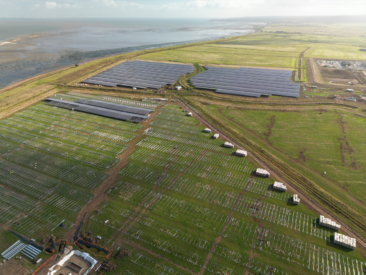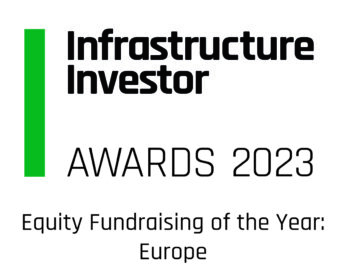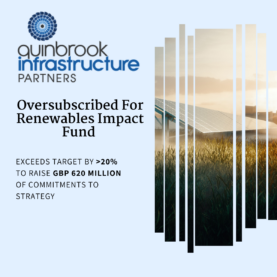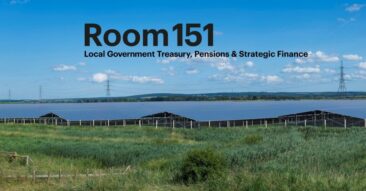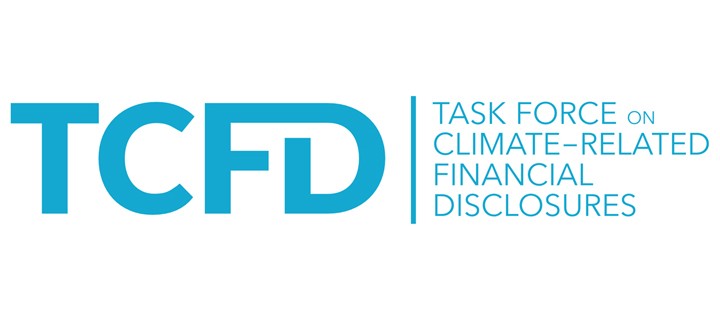Room 151: UK Pension Funds Leading the Charge on Decarbonisation

London, UK – January 24, 2023 – Partner Content: Daniel Feeney and Anne Foster from Quinbrook Infrastructure Partners discuss the government’s proposals on governance and reporting of climate change risks and explain the implications for LGPS administering authorities.
The UK government’s proposed requirements for Local Government Pension Scheme (LGPS) funds to manage and report on climate -related risks and opportunities presents a significant challenge for administering authorities. However, it also presents a significant opportunity to engage with investment managers, and support real solutions for clim ate resilience, adaptation, alignment and the energy transition.
In practical terms, the proposed requirements demand additional oversight, analytical and reporting capabilities, and defined processes and strategies on how each LGPS fund will align its portfolios, and select and steward investments to meet climate objectives. This marks a significant and likely irrevocable evolution for LGPS governance, allocation, ownership and reporting.
Initially, multiple administering authorities raised concerns in relation to demands on their teams’ analytical time and the potential “black-box” nature of scenario-crunching and reporting. For smaller teams, the new requirements can place a heavy reliance on third-party advisers with limited insight into underlying assumptions.
To minimise these challenges, administering authorities must be able to rely on their underlying investment managers to provide transparent information, informed discussion and “real-world” solutions offering verifiable impacts.
If risks are not mitigated, financial returns are likely to be materially impacted under differing warming scenarios. There is potential for both significant opportunity and loss, but it requires thoughtful planning and consideration to seek to capture these changes.
Anne Foster
Global Head of ESG
Taking on the reporting requirements
The first and perhaps most basic requirement is for administering authorities to calculate the carbon footprint of their investments, by aggregating and scrutinising data from their investment managers. While Scopes 1 and 2 are mandated by the Greenhouse Gas Protocol, Scope 3 is voluntary, and a recent report by Morningstar revealed that over a third of asset managers, including Blackrock and Vanguard, believe Scope 3 emissions disclosures should remain limited or deferred.
In private markets in particular, incomplete carbon and clim ate reporting is commonplace . Yet consensus suggests that the UK’s Task Force for Climate -related Financial Disclosures (TCFD) is here to stay and, as such, LGPS funds could be better placed to require and align with managers providing and working towards comprehensive and well-considered reporting and business planning.
More challenging are the complexities of clim ate scenario analyses to assess the impact of different temperature rises on different classes of assets and liabilities. Evidence shows that, if risks are not effectively mitigated, financial returns are likely to be materially impacted under differing warming scenarios (see the Financial Stability Review, 2022). There is therefore the potential for both significant opportunity and loss, but it requires thoughtful planning and consideration to seek to capture upside from these changes in markets and portfolios and conversely to avoid material risk.
Administering authorities should interrogate the extent to which both physical climate and transition risks are incorporated into their investment analysis. They should be wary of any analysis that seeks to promote minimal climate returns impact, without understanding the drivers and the portfolio changes that may be needed to capture growth and adaptation opportunities to offset any potential negative climate impacts and costs.
Selecting managers with advanced sustainable investment and analytical capabilities, a willingness to openly discuss and interrogate modelling inputs, business plans and mitigation tactics is critical. Moreover, selecting investment managers that have already implemented clim ate scenario strategies and corresponding analysis will enable LGPS funds to collect key information that can more easily drive relevant decision-making.
Creating a 1.5°C aligned portfolio
Finally, administering authorities will be required to summarise their work in an LGPS-wide annual Climate Risk Report, with the first report due by December 2024, subject to the consultation. The report must demonstrate how a portfolio’s assets are aligned with the Paris Agreement, which will effectively require administering authorities to adopt 1.5°C aligned investment strategies.
But what is a 1.5°C aligned portfolio? The most obvious means of alignment is through support of assets that drive direct decarbonisation, such as renewable energy investment. But navigating the energy transition will require significantly more than this, as illustrated by the whole of system approach shown in Figure 1.
Figure 1 Illustration of a whole of system approach
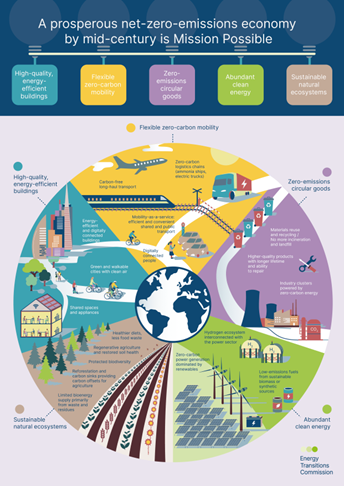
To drive long-term and m ore wholesale change, significant investment is also needed in emissions-mitigating infrastructure, along with climate solutions that aid the circular economy, improve energy efficiency and progress other transition outcomes across the fundamental operations of all businesses.
These areas are more challenging to quantify in reporting, but they are crucial to the transition. Organisations such as the Net Zero Asset Managers initiative encourage investors to look beyond net zero in their own portfolios alone, and address how their investments can support the energy transition and net zero on a more “planetary” level.
How can investment managers help?
Investment managers must be able to provide LGPS funds with both the qualitative and quantitative data needed to meet these new reporting and decision-making requirements. The initial step is reporting, but as important is regular and informed discussion, interrogation and analysis to better understand the “real- world” impacts, changes and drivers behind the numbers and the returns implications.
Identifying managers with sophisticated sustainability capabilities, analytical functions and complete TCFD-aligned climate data delivered in the form at required for the LGPS makes this endeavour far less challenging. Where managers haven’t yet achieved this, administering authorities should be requesting access to this information, to enable greater access to data and to minimise the workload on their own teams.
By selecting General Partners with a clear sustainability mandate, track record and with transparent climate risk governance structures in place, LGPS funds will be better equipped to meet the new requirements, report accurately and make aligned investment decisions for the benefit of their members.
Finally, it is expected that forward-looking LGPS funds will seek out managers that offer both energy and whole-of-system decarbonisation expertise to capitalise on the investment opportunities presented by the energy transition, particularly those in geographies and sectors with advantageous market tailwinds.
Daniel Feeney is senior analyst and Anne Foster is a senior director (global head of ESG) at Quinbrook Infrastructure Partners
Related News and Insights
See all

Quinbrook recognised at IJInvestor Awards 2024

Quinbrook Announces Multiple MD Promotions
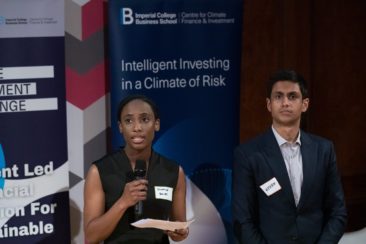
Imperial Climate Challenge in 4 Questions
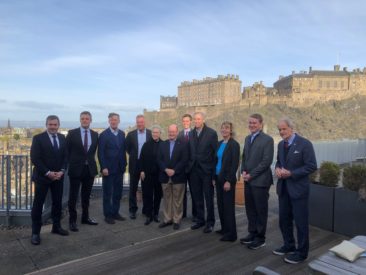
Quinbrook Welcomes Bipartisan US Congressional Delegations to its Flexitricity Headquarters
Flexible Generation, Grid Support | Global * | United Kingdom | United States

Wood Mackenzie scales data analytics across the energy transition by adding Quinbrook
Industry | Global * | United Kingdom

Quinbrook joins the Net Zero Asset Managers initiative
Net Zero | Global * | Australia | United Kingdom | United States
















 Investor login
Investor login

